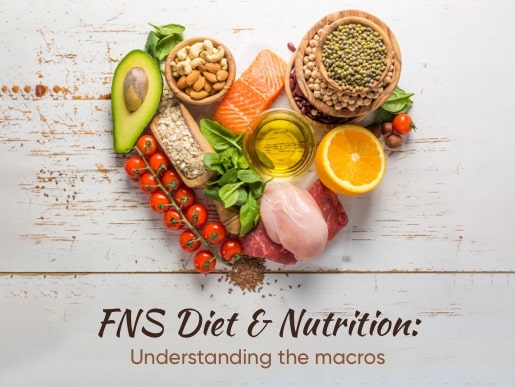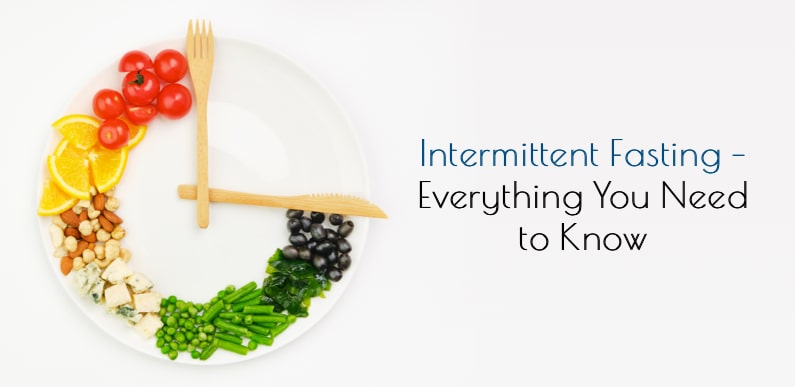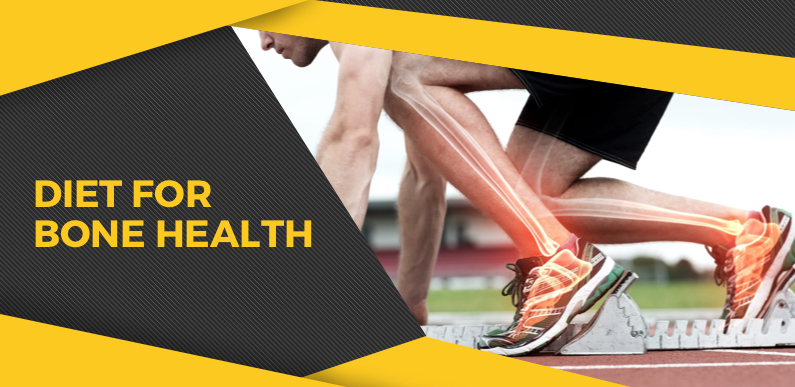Macros or “flexible dieting” is all the rage, but is it a proven method of healthy living?
A macro diet focuses on the three primary macronutrients: proteins, fats, and carbohydrates.
Although it is popular among athletes and bodybuilders, it can be time-consuming and restrictive.
During the program we are, in essence, shocking the body so that your metabolic rate speeds up, your thyroid function improves, and your symptoms of adrenal fatigue fade away. As a result, the pounds melt off, and new lifelong habits form—ensuring a healthy, fit lifestyle remains after the program.
However, after a while, you may find yourself at a plateau.
At that point, simple changes can make a huge difference, but it will likely be imperative adjustments to macros for continued results or maintenance. Typically, this will call for an increase in overall macros, but there are a few instances where one or two macros may decrease while others increase.
If you’ve been tracking macros for a while, you need to know that you will have to change your macro goals at some point.
Before you jump into making a switch, ask yourself the following questions:
- Did your measurements change in the last two weeks?
You can switch things up if there’s no change for at least two weeks. If the results are visible, follow the current plan and be patient.
- Are you sleeping well?
You truly cannot see results in getting leaner without proper sleep; it is as important as diet and exercise. An adjustment to macros may be in order if your sleep is good.
- Are you feeling stressed?
If your stress levels are too high and you are not taking any breaks, you will not be able to shed those last few pounds of unwanted fat. Minimize the causes of your stress before dieting
- Is your menstrual cycle near?
Bloating and discomfort are pretty standard before your period. Don’t adjust your macros if you are just about to start your period. Wait it out until just after your period to see how things are. Then, if you are still not seeing results, consider making a macro adjustment.
- Are you drinking enough water?
If you aren’t giving your body enough water, then your body can’t function optimally. If you have been drinking tons of water and still have issues, consider looking at your macros.
- Have you been indulging in food and drink that is high sugar, high carb, or alcoholic?


{How often should I change my macros?
1: You’ve reached the plateau
Adjust your macros downward. Make small diet changes like reduce 5gms of carbs or fats.
2: You have already lost weight
If you’ve lost a lot of weight. Only do it if there’s no progress or energy is low.
3: If you’ve changed your goals
When you step up your game it is good to shift macros around a bit.
4: Not feeling fresh & energetic as always
If you’re constantly feeling drained in energy on an everyday basis.}
How often should I change my macros?
We are currently moving a little less than we usually do. Let’s look at these times to understand how often you should change macros. For some people, it may mean changing your macros every few weeks, while for others, it may mean changing them every month or two.
The answer to this question is it depends on the situation
Here are the instances you need to know:
Instance #1: You’ve reached the plateau
Remember that as you continue your diet, your body will begin to adapt to the amount of food you’re eating. Soon enough, it may no longer produce the weight loss you desire. If this is the case, you’ll need to adjust your macros downward. Make small diet changes at first, such as a slight reduction of five grams of carbs or fats from your daily intake.
Adjust, wait a couple of weeks, and then monitor progress.
Often this is enough to get your diet moving along again.
Instance #2: You have already lost weight
The second time you may want to consider diet changes is if you’ve lost a significant amount of weight. For instance, let’s say you’ve lost FIFTY pounds.
At this new body weight, your calorie intake will be much lower to maintain this new body weight. Thus, you need to re-adjust your macros and only do it if you haven’t seen any progress or your energy level is low.
Instance #3: If you’ve changed your goals
If you were focusing on fat loss, but now that the months have passed and you have decided it’s time to focus on muscle gain instead.
Suppose you step up your game and start intensifying your workouts to boost your conditioning and performance. This may also be a great reason to shift macros around a bit.
As your workouts become more intense, you’ll require more carbs—protein to support the repair of the muscle tissues, enabling you to see lasting results.
Instance #4: Not feeling fresh & energetic as always
If you’re constantly feeling drained in energy on an everyday basis. Also, if you aren’t recovering as fast as you prefer from your workout sessions. This could be more the reason to make a few diet changes.
Keep tracking the changes.
You’ll learn about your body and what foods it responds best to. It’s wise to monitor your progress and look at whether you need to make any shifts every two weeks or three weeks to determine if you are doing is working or if you need to adjust here or there. It’s crucial to remember that slow and steady is the route to go.
Avoid making dramatic shifts, as this can get harder to track and pinpoint where you need to be.
A macro diet is a flexible dieting option for people who want to lose weight and build muscle mass without feeling overly restricted.
It involves calculating how many grams of protein, fat and carbohydrates you need to eat each day and then tracking your food intake to make sure you meet these macros.
However, the diet does not track micronutrients and may not be suitable for people with certain medical conditions or those who are at risk of an eating disorder.
Some people find it challenging to keep weight off long-term and may benefit from working with a nutrition professional for more guidance and support.
Since you can enjoy all foods in this diet, many people find it less restrictive and more accessible to stick to than other diets.
It can be an excellent option for those looking for flexibility and balance while achieving their weight loss goals.
Our journey to living a healthy, successful lifestyle is never over. Decide how you will continue seeing results, meet your goals, and feel the best you ever have!
For more Nutrition-related blogs, click here https://fns360.live/blog/category/nutrition/.
You can also check out more such nutritional videos from FNS Nutrition.






